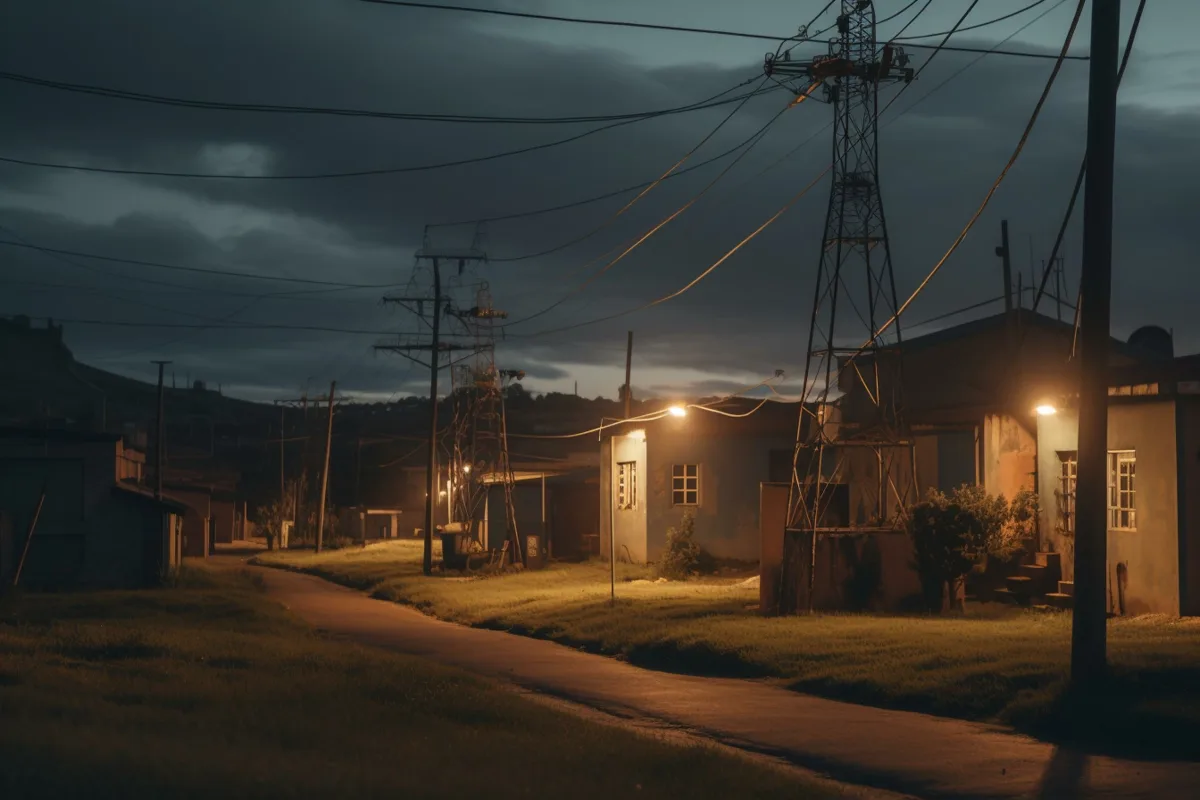South Africa has opened a new bidding round under its Renewable Energy Independent Power Producer (REIPPPP) scheme. The government is hoping to procure 3,200 MW of wind power and 1,800 of solar power from IPPs through the auction process, which is open until 30 April 2024.
South Africa continues to suffer devastating blackouts, known locally as load-shedding, largely because ageing coal-fired power stations are unable to operate reliably. The country does, however, boast excellent conditions for both wind and solar power, leading to hopes that renewables can be a key part of the long-term solution to the power crisis.
Unsurprisingly, the Department for Mineral Resources and Energy (DMRE) is looking for projects that can come online quickly. Bidders in the new round, the seventh under the REIPPPP programme, must commit to being able to start generating electricity within 24 months of reaching financial close.
The bidding round will be crucial to restoring confidence among IPPs. The previous round was a major setback for South Africa’s hopes of attracting renewables investment, with the government procuring less than a fifth of the new capacity it had planned for.
President Cyril Ramaphosa had originally announced in July 2022 that 5,200 MW of power would be procured under the sixth bidding round (double the level of previous auctions). But by the time the round concluded in December 2022, the government had realised that the country’s electricity grid would be unable to handle the planned capacity addition. In the end, solar projects with a combined capacity of just 860 MW were awarded contracts, with no new wind projects selected.
While the government is confident that it is now in a position to procure new wind and solar capacity, the grid constraints are far from resolved.
The DMRE is encouraging bids from projects in the provinces of Mpumalanga, Gauteng, KwaZulu-Natal and Limpopo, where more grid capacity is available. However, the best conditions for large-scale renewables generation (particularly for wind energy) are found in the Northern and Western Cape provinces, where the grid is unable to handle major capacity additions.
Fight for grid access
Niveshen Govender, CEO of the South African Wind Energy Association, welcomed the announcement of the bidding round, noting that the DMRE has moved away from the “geographically agnostic” approach that resulted in the disastrous outcome of the sixth round. He added in a statement that the allocation of grid capacity remains a “critical issue” for the country to address.
The problems with grid access are partly the result of competition between IPPs, which deliver electricity to the grid, and private projects. Ramaphosa’s decided in July 2022 to allow businesses to install private electricity generation systems of any size without the need for a license, leading to a huge surge in solar panels being imported this year.
Solar projects developed for private businesses, such as those in the mining sector, typically also needed grid access so that surplus power can be sold to the grid when available.
“There needs to be a more holistic approach in terms of grid access,” says Rentia van Tonder, head of power at Standard Bank Group. She adds that “absolute clarity” will be required in the bidding window on how projects will be able to access the grid.
Meanwhile, the government has also launched a separate process for natural gas IPPs. This aims to procure 2,000 MW of new capacity from gas-fired power projects.
Want to continue reading? Subscribe today.
You've read all your free articles for this month! Subscribe now to enjoy full access to our content.
Digital Monthly
£8.00 / month
Receive full unlimited access to our articles, opinions, podcasts and more.
Digital Yearly
£70.00 / year
Our best value offer - save £26 and gain access to all of our digital content for an entire year!

 Sign in with Google
Sign in with Google 



